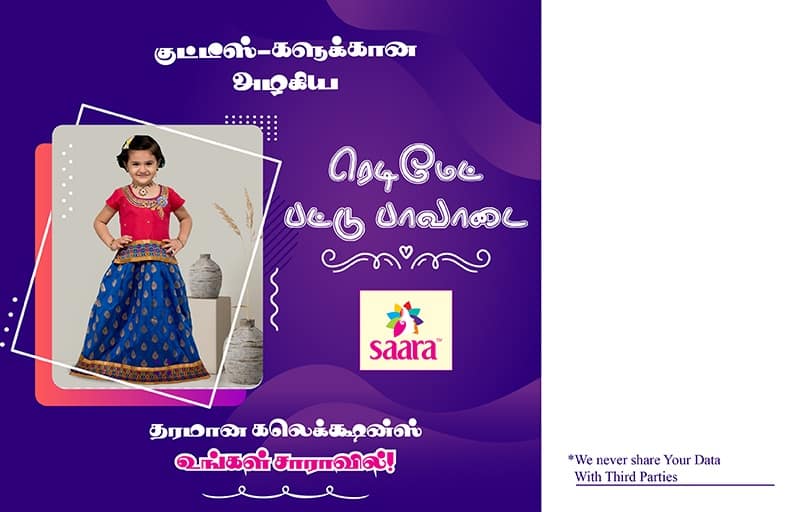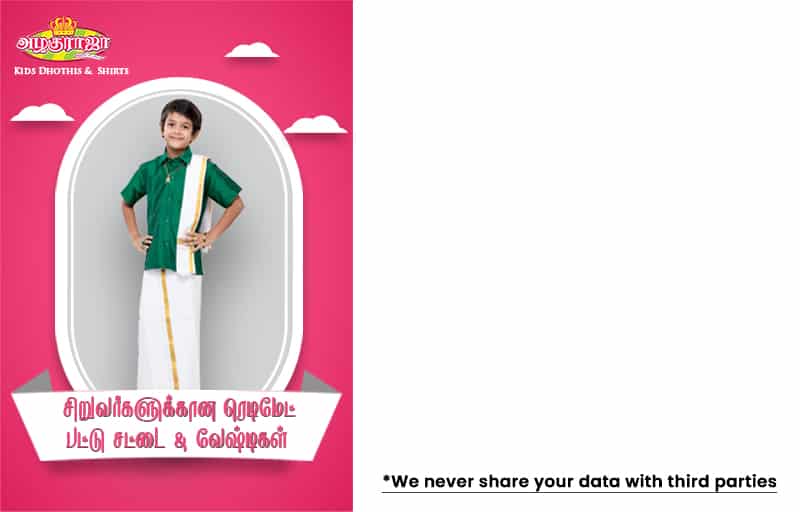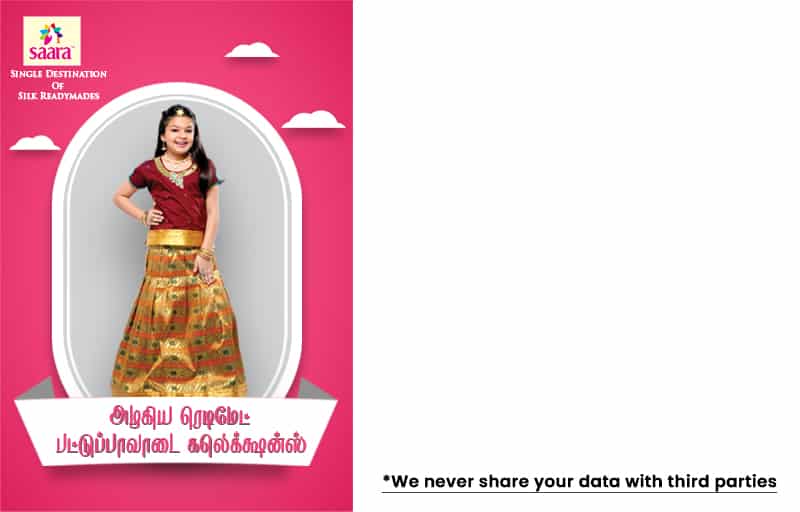.jpg)
An experienced media professional, John has a decade of editorial experience with a background that includes key leadership roles at global newsroom outlets. He holds a Bachelor’s Degree in English Literature from San Francisco State University, and conducts research on forex and the financial services industry while assisting in the production of content. Yes, deposit bonuses offered by MultiBank Group are legit, but that doesn’t necessarily mean you’ll be able to redeem them. Such bonuses come with steep volume requirements that must be met before redemption is allowed, and it’s possible for your losses to far offset the amount promised by the bonus. Always read the fine print, and make sure that you fully understand the terms and conditions of any promotional offerings – especially in the case of forex deposit bonuses.
LIQUIDITY PROVIDERS
Though processes may vary depending on the MultiBank Group entity that holds your account, withdrawals typically require a withdrawal request form. Over the past decade, MultiBank Group’s achievements have been recognized by the global forex industry, including awards from distinguished financial institutions, media organizations, and publications. An ECN account is best-suited for traders looking for raw spreads and instant execution. Platforms like MetaTrader 4 and MetaTrader 5 have become industry standards for a positive user experience, so that bodes well for MultiBank.
.jpg)
Top Features
In 2024, MultiBank launched a proprietary mobile trading app called MultiBank-Plus. This mobile platform offers charting, watchlists, and research articles all wrapped in a modern-looking interface with smooth navigation. Like its web counterpart, the MultiBank-Plus app could use more tools and functionalities and fewer messages that feel like ad placements. Though this new app has a long way to go before it competes with the best mobile trading apps, it has a good foundation to build upon and I look forward to seeing how the app progresses.
Popular Forex Broker Reviews
Also worth noting is its license to operate as a cryptocurrency exchange. The account opening process at MultiBank Group is relatively straightforward. Resources and applications for opening an account can be found within the client portal on the MultiBank Group website under the My MultiBank section. CFDs are complex instruments and come with a high risk of losing money rapidly due to leverage. You should consider whether you understand how CFDs work and whether you can afford to take the high risk of losing your money.
Other Trading Platforms
.jpg)
Each year, we collect thousands of data points and publish tens of thousands of words of research. The Pro account is suitable for traders looking to take advantage of zero commissions, tight spreads, and instant execution. A commission-free account that is perfect for new traders looking to start investing.
- The minimum deposit requirement for opening a Standard Account at MultiBank Group is $50, whereas the Pro account requires $1,000, and you’ll need to deposit $10,000 to get started with the broker’s ECN account.
- I was happy to see that it has developed its own social copy trading platform, and spreads are competitive on its ECN Account offering.
- Social Trading indicates that this broker works with both sides of the spectrum, experienced and new(ish).
- However, the vast majority of MultiBank’s listed offering is unavailable when first logging into the broker’s available platforms.
- An industry veteran, Joey obtains and verifies data, conducts research, and analyzes and validates our content.
- In 2024, MultiBank launched a proprietary mobile trading app called MultiBank-Plus.
We test all available trading platforms for each broker – whether they are proprietary or come from third-party providers – and evaluate them based on a host of data-driven variables. We also take an in-depth look at each broker’s commissions and fees, such as bid/ask spreads – including the average spread data for some of the most popular forex currency pairs. We research other trading costs, such as inactivity or custody fees, minimum deposit requirements, VIP rebates and/or discounts, and a range of other important fee-based data points. It should not be assumed that the methods, techniques, or indicators presented in these products will be profitable, or that they will limefx review not result in losses. The MultiBank Pro platform has similar features to ECN Pro, and it uses the MetaTrader 4 platform (one of the industry standards for trading). However, compared to ECN, you don’t have to make as high of an investment.
The lowest spreads available at MultiBank are featured on its ECN account offering, which requires a $10,000 minimum deposit and charges a small round-trip commission of $3 per trade. MultiBank Group offers forex, CFDs, and underlying cryptocurrencies across its relevant brand entities around the world. MultiBank advertises 14,145 tradeable markets, with 14,054 stocks, 11 crypto CFDs, 11 commodity CFDs, 40 forex pairs, 6 metals, and 23 indices. However, the vast majority of MultiBank’s listed offering is unavailable when first logging into the broker’s available platforms.
- You should consider whether you understand how CFDs work and whether you can afford to take the high risk of losing your money.
- The account opening process at MultiBank Group is relatively straightforward.
- Educational content at MultiBank is limited to a series of basic videos and ebooks powered by MTE Media, which are available on a new dedicated education section on the broker’s website.
- In my opinion, MultiBank’s Standard account is best avoided unless you are a complete novice.
- Over the past decade, MultiBank Group’s achievements have been recognized by the global forex industry, including awards from distinguished financial institutions, media organizations, and publications.
- Islamic traders also need not feel left out, as there are Islamic Account options for those who follow the Muslim faith.
- An ECN account is best-suited for traders looking for raw spreads and instant execution.
With MultiBank, you can trade products like Forex, metals, shares, indices, and commodities on a wide range of platforms. MultiBank’s global presence and ideal trading conditions make it one of the most competitive brokers around. Some of the other important research categories that are factored into our testing include mobile trading accessibility and capability, availability of market research limefx scam and educational content, and each broker’s overall Trust Score.
Fourthly, the MT5 account, as you might have guessed from the name, allows you to trade with MetaTrader 5, which is an even more advanced version of MT4. Tradable products include crypto, commodities, shares, indices, metals, and Forex. There is an expert adviser, over eighty technical analytics tools, one-click trading, VPS hosting, and a stop out level of 50%.













